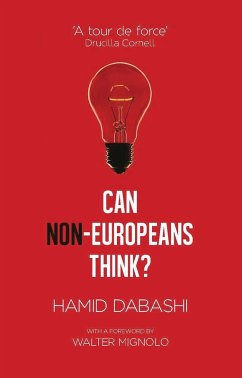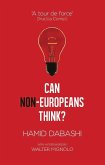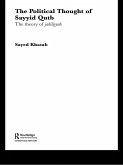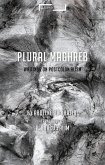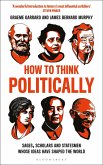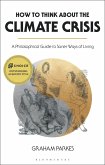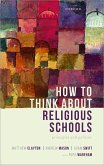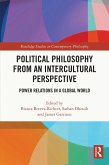'In Can Non-Europeans Think? Dabashi takes his subtle but vigorous polemic to another level.'
Pankaj Mishra
What happens to thinkers who operate outside the European philosophical pedigree? In this powerfully honed polemic, Hamid Dabashi argues that they are invariably marginalised, patronised and misrepresented.
Challenging, pugnacious and stylish, Can Non-Europeans Think? forges a new perspective in postcolonial theory by examining how intellectual debate continues to reinforce a colonial regime of knowledge, albeit in a new guise.
Based on years of scholarship and activism, this insightful collection of philosophical explorations is certain to unsettle and delight in equal measure.
Pankaj Mishra
What happens to thinkers who operate outside the European philosophical pedigree? In this powerfully honed polemic, Hamid Dabashi argues that they are invariably marginalised, patronised and misrepresented.
Challenging, pugnacious and stylish, Can Non-Europeans Think? forges a new perspective in postcolonial theory by examining how intellectual debate continues to reinforce a colonial regime of knowledge, albeit in a new guise.
Based on years of scholarship and activism, this insightful collection of philosophical explorations is certain to unsettle and delight in equal measure.

